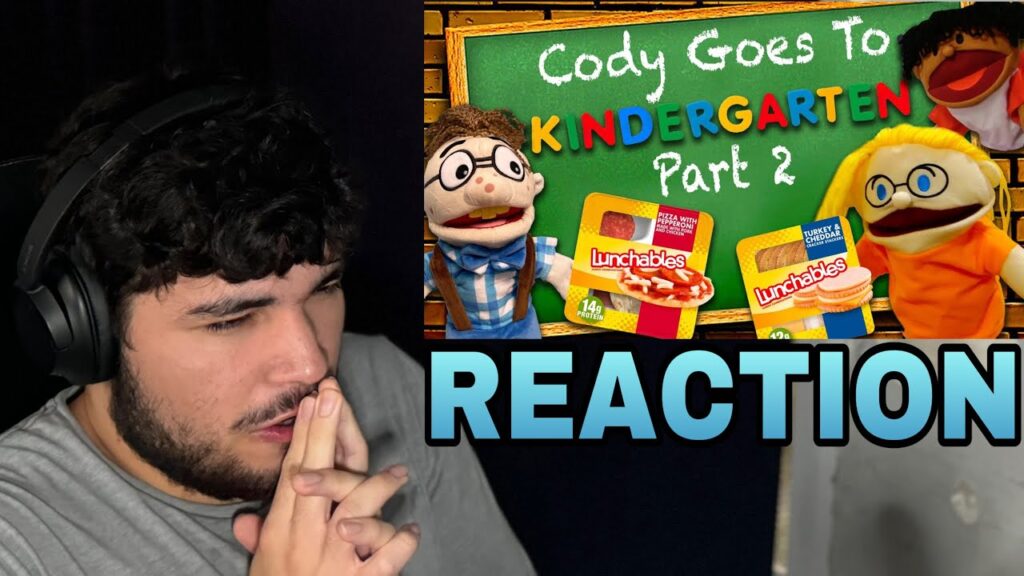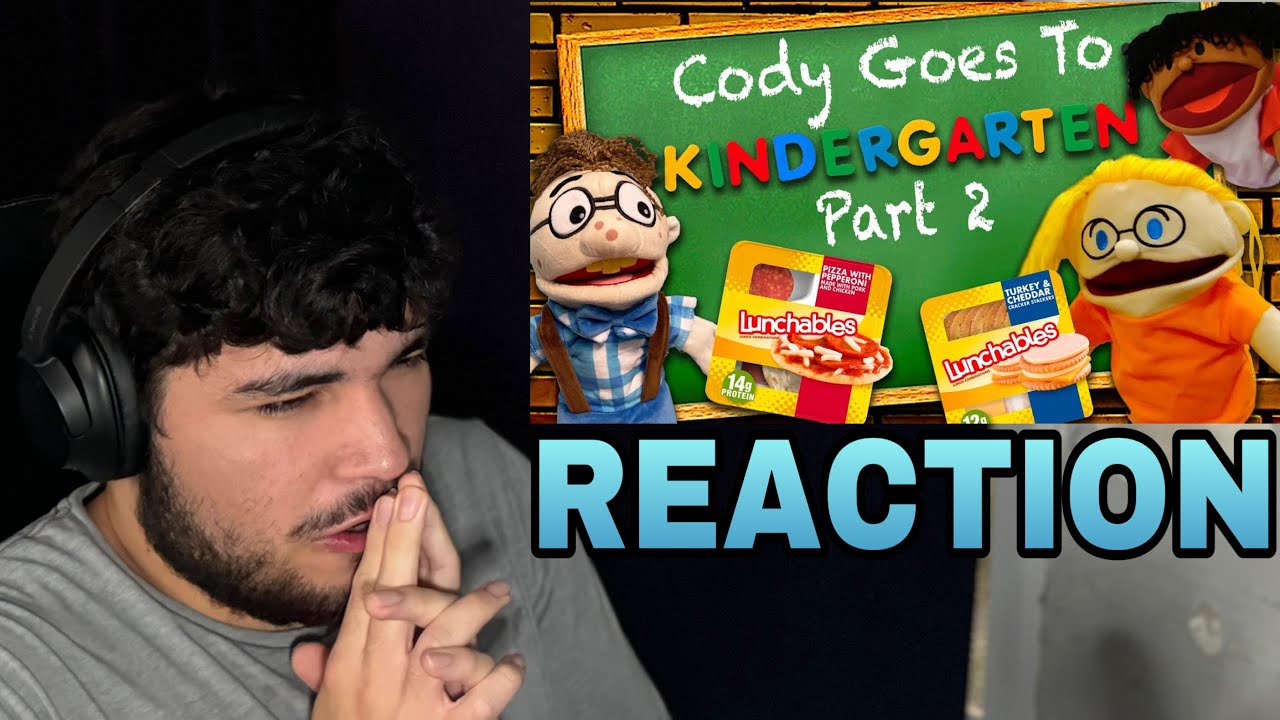
The Big Step: What Happens When Your Child Goes to Kindergarten
Sending a child to kindergarten is a monumental milestone, not just for the child, but for the entire family. It marks the beginning of formal education, a significant transition from the familiar comfort of home or daycare to a structured learning environment. This article delves into what parents and children can expect when a child goes to kindergarten, offering practical advice and insights to navigate this exciting, yet sometimes daunting, experience.
Preparing for Kindergarten: Laying the Groundwork
The journey to kindergarten starts long before the first day of school. Preparation is key to ensuring a smooth transition for your little one. This involves a multifaceted approach, encompassing emotional, social, and academic readiness.
Emotional Readiness
Kindergarten can be a big adjustment emotionally. Children are often separated from their parents for extended periods for the first time. Preparing them emotionally involves talking about kindergarten in a positive and encouraging manner. Read books about starting school, visit the school playground beforehand (if possible), and discuss what a typical day might look like. Reassure them that you will always be there for them and that they will have fun. Addressing their anxieties and fears openly can help alleviate potential stress. Role-playing common kindergarten scenarios, such as asking for help or making new friends, can also be beneficial.
Social Readiness
Kindergarten is a highly social environment. Children will interact with peers and teachers regularly. Encourage social interaction by arranging playdates, enrolling them in extracurricular activities, or simply visiting the park. Teach them basic social skills such as sharing, taking turns, and resolving conflicts peacefully. Practice using polite words like “please” and “thank you.” Help them understand the importance of listening to others and following instructions. A child who is socially ready will find it easier to integrate into the kindergarten classroom and build positive relationships.
Academic Readiness
While kindergarten is primarily focused on social and emotional development, some basic academic skills are helpful. These don’t need to be advanced; simply familiarizing your child with letters, numbers, shapes, and colors can make the transition smoother. Read to your child regularly, pointing out letters and words. Engage in activities that promote fine motor skills, such as drawing, coloring, and playing with building blocks. Encourage them to count objects and recognize patterns. Remember, the goal is not to turn them into mini-scholars, but to spark their curiosity and make learning enjoyable. If your child goes to kindergarten with a foundation of basic academic knowledge, they will likely feel more confident and engaged in the classroom.
The Kindergarten Experience: What to Expect Day-to-Day
Understanding what a typical day in kindergarten looks like can help both parents and children prepare. While the specifics may vary depending on the school and teacher, there are some common elements.
Arrival and Morning Routine
The first few minutes of the day can be crucial. Establishing a consistent morning routine can help ease anxiety. This might involve arriving at school a few minutes early, walking your child to the classroom, and saying a quick and reassuring goodbye. Some schools have designated drop-off areas to streamline the process. Be prepared for potential tears, especially in the first few weeks. However, try to remain calm and confident, as your child will likely mirror your emotions. Teachers are experienced in handling separation anxiety and can offer support.
Classroom Activities
Kindergarten classrooms are typically bustling with activity. Expect a mix of structured learning and free play. Common activities include circle time (where children gather for stories, songs, and discussions), literacy activities (such as learning letter sounds and sight words), math activities (such as counting and sorting), art projects, and outdoor play. Teachers use a variety of methods to engage children, including games, songs, and hands-on activities. The emphasis is on making learning fun and interactive. If your child goes to kindergarten and enjoys these activities, they are more likely to develop a positive attitude towards learning.
Social Interaction and Play
Social interaction is a vital component of the kindergarten experience. Children learn to cooperate, negotiate, and resolve conflicts through play. Free play provides opportunities for them to explore their interests, develop their imagination, and build relationships with their peers. Teachers often facilitate social interaction by organizing group activities and providing guidance when needed. Learning to navigate social situations is an essential skill that will serve them well throughout their lives.
Lunch and Rest Time
Lunchtime is another important social opportunity. Children learn to eat together, share food (if allowed), and practice table manners. Some schools provide lunch, while others require children to bring their own. Be sure to pack a healthy and nutritious lunch that your child will enjoy. Rest time, which may involve napping or quiet activities, provides a chance for children to recharge and relax. Even if your child doesn’t nap, they can benefit from a period of quiet time to decompress.
Dismissal and After-School Care
The end of the day can be just as important as the beginning. Establish a clear pick-up routine so your child knows what to expect. Communicate with the teacher about any changes in the routine. If your child attends after-school care, ensure that they are familiar with the program and the staff. Be prepared for your child to be tired and hungry after a long day at school. Provide them with a healthy snack and some downtime to relax and unwind.
Addressing Common Concerns: A Parent’s Guide
Sending a child goes to kindergarten can bring up a range of concerns for parents. Here are some common issues and how to address them:
Separation Anxiety
Separation anxiety is a normal part of child development. However, it can be distressing for both parents and children. If your child experiences separation anxiety, try to remain calm and reassuring. Talk to the teacher about strategies to help your child adjust. Consider a gradual transition, such as starting with shorter days or having a familiar object (like a stuffed animal) to comfort them. Avoid lingering too long at drop-off, as this can prolong the anxiety. Trust that the teacher is equipped to handle the situation and that your child will eventually adjust.
Academic Challenges
Some children may struggle with certain academic concepts. If you notice that your child is having difficulty, communicate with the teacher. They can provide extra support and recommend strategies to help your child succeed. Remember that kindergarten is not about mastering academic skills, but about building a foundation for future learning. Focus on encouraging your child’s effort and celebrating their progress, rather than focusing solely on their grades. If your child goes to kindergarten and faces academic challenges, early intervention can make a significant difference.
Social Difficulties
Social challenges are also common in kindergarten. Children may struggle with making friends, sharing, or resolving conflicts. Encourage your child to talk about their feelings and experiences. Role-play different social scenarios to help them develop problem-solving skills. Communicate with the teacher about any concerns you have. They can observe your child’s interactions with peers and provide guidance. Remember that social skills are learned over time, and with support and encouragement, your child can develop the skills they need to navigate social situations effectively.
Bullying
While bullying is less common in kindergarten than in older grades, it can still occur. If you suspect that your child is being bullied, take it seriously. Talk to your child about what is happening and reassure them that it is not their fault. Communicate with the teacher and school administration to address the issue. Schools typically have anti-bullying policies in place and can provide support to both the victim and the bully. Teach your child how to stand up for themselves and report bullying behavior to a trusted adult.
The Long-Term Benefits: Setting the Stage for Success
Kindergarten is more than just a stepping stone to first grade. It’s a crucial foundation for future academic and social success. Children who have a positive kindergarten experience are more likely to develop a lifelong love of learning. They also develop essential social and emotional skills that will serve them well throughout their lives. Kindergarten helps children learn to follow instructions, work independently, and collaborate with others. It also fosters creativity, critical thinking, and problem-solving skills. By sending your child goes to kindergarten, you are investing in their future and setting them on a path to success.
Making the Most of Kindergarten: Tips for Parents
Here are some additional tips for parents to help their child thrive in kindergarten:
- Stay involved: Attend school events, volunteer in the classroom, and communicate regularly with the teacher.
- Create a supportive home environment: Provide a quiet place for your child to do homework and read.
- Encourage independence: Help your child develop self-care skills, such as dressing themselves and packing their own lunch.
- Celebrate their successes: Acknowledge and praise your child’s efforts and accomplishments.
- Be patient and understanding: Kindergarten is a big adjustment, and it may take time for your child to fully adapt.
In conclusion, the transition goes to kindergarten is a significant milestone. By preparing your child emotionally, socially, and academically, and by staying involved in their education, you can help them have a positive and successful kindergarten experience. Remember to communicate with the teacher, address any concerns promptly, and celebrate their achievements along the way. Kindergarten is a time of growth, discovery, and fun, and it sets the stage for a lifetime of learning.
[See also: Preparing Your Child for School Success]
[See also: Kindergarten Readiness Checklist]

